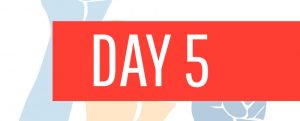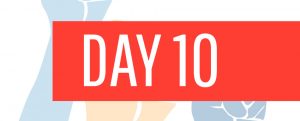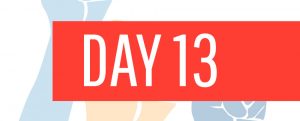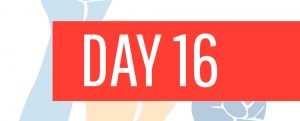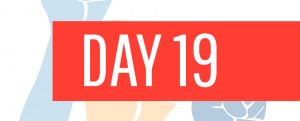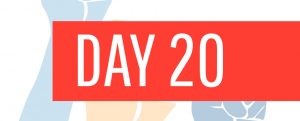Day 15: Adverse Childhood Experiences
Adverse Childhood Experiences, or ACEs, have a tremendous impact on lifelong health and opportunity. ACEs are defined as a toxic source of stress with the potential to disrupt a child’s ability to learn, relate, grow, play, communicate, and problem-solve. ACEs can include things like physical and emotional abuse, neglect, caregiver mental illness, and household violence. Stressors external to the home, such as racism and discrimination, are community-level Adverse Childhood Experiences (ACEs). The more ACEs a child experiences, the more likely they are to suffer from things like poor academic achievement, depression, substance abuse, heart disease and diabetes, and overall shorter life expectancies.
Black and Hispanic children and youth in almost all regions of the United States are more likely to experience ACEs than their white and Asian peers. To some extent, these racial disparities reflect the lasting effects of racist policies, practices, and social norms. Discriminatory housing and employment policies, bias in school disciplinary action, law enforcement and sentencing decisions, and immigration policies have concentrated disadvantage among Black and Hispanic children and leave them disproportionately vulnerable to traumatic experiences like ACEs.
These critical health and social consequences highlight the importance of preventing ACEs before they happen. Healthy school, community and home environments are necessary for preventing children from experiencing ACEs and appropriately supporting students living with chronic stress.
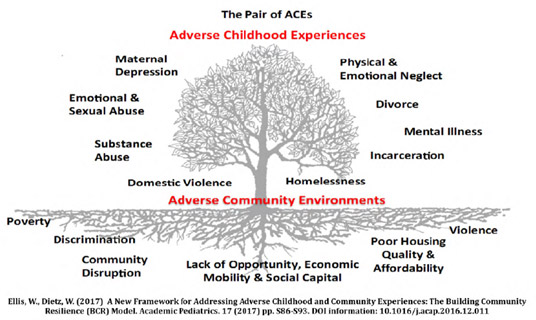
Today’s Challenge

Test: Assess your ACEs score to see how childhood trauma may be impacting your life. Then, assess your resilience score and explore resources on how to support yourself and others by building resilience. Consider reading “My Grandmother’s Hands” and reflect on how trauma has shaped your responses to inequities.

Watch: Watch Pediatrician Nadine Burke Harris on the TED stage explain how the repeated stress of abuse, neglect and parents struggling with mental health or substance abuse issues has real, tangible effects on the development of the brain. Reflect on your won coping skills during the most difficult time in your life experience, and any privilege that may have helped you cope. Consider how different the outcome may have been without that privilege. (16:02)

Watch: Watch the Michigan ACE Initiative video to learn about statewide ACEs awareness, interventions, and recommended state policy. Explore ways you can help magnify their work. (19:08)

Read: Read a local perspective from BC Pulse Co-Executive Director Kathy Szenda Wilson.
Discussion
Why do you think educators should learn about Adverse Childhood Experiences (ACEs)?
What are some examples of policies and community supports that would help prevent ACEsnand lead to more equitable communities?
More Group Discussion Prompts
- What opened up for you?
- What’s still sticking with you?
- Tell us about an “aha” or “ouch” moment, or a moment that broke you open.
- How are you going to take this information and apply it?
- What action will you commit to?
- What action will you drive forward within your group/organization/community?
- What’s next for you? What’s next for us?





